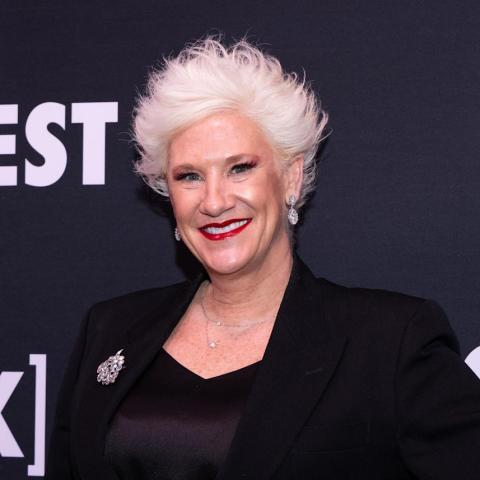Millions could lose Medicaid and Affordable Care Act (ACA) insurance if the new legislation, the One Big Beautiful Bill Act, is approved. This act is currently moving through the Senate, led by figures like Senate Majority Leader John Thune, who emphasizes the connection between jobs and health insurance.
Thune highlighted that many people get health care through their jobs. "A lot of times, health care comes with a job," he said, aiming to underscore Republican goals of creating better-paying jobs with benefits. His spokesperson reiterated the idea that employment often leads to health coverage.
However, experts caution that not everyone who has a job receives health insurance. Paul Fronstin from the Employee Benefit Research Institute pointed out that some may find themselves facing hurdles, especially under the proposed Medicaid changes. These changes would require nondisabled adults to prove they are working, volunteering, or seeking work to enroll in Medicaid.
Historically, Medicaid has been the main health program for low-income individuals and families. Some Republicans argue that the new bill isn’t about cutting access; rather, it’s about transitioning people to employer-based health insurance.
Research shows that while about 60% of Americans under 65 get insurance through work, that doesn’t mean it’s accessible for everyone. A recent KFF study revealed that around 28% of eligible workers don’t enroll in workplace insurance due to high costs. Although a large portion find other coverage, about 3.7% remain uninsured.
The idea of job-linked health coverage isn’t new. In fact, health benefits became popular during World War II when businesses used them to attract workers. Today, federal laws encourage companies to offer plans, particularly under the ACA, which penalizes larger employers for not providing affordable coverage.
Yet, the ACA has played a greater role in reducing the uninsured rate. According to Melissa Thomasson, a professor at Miami University, the main reductions came from new private marketplace plans and Medicaid expansion.
Cost and quality of workplace insurance can vary widely. While many companies offer benefits, some sectors, like small businesses or seasonal work, may not. KFF data indicates that premiums have grown faster than wages, making coverage even more difficult for lower-income families. Those families often spend significantly more of their income on health insurance than higher-income workers.
In summary, while Thune’s statement about health care and jobs holds some truth, it oversimplifies the complex reality of insurance in the U.S. Not every job provides insurance, and when it does, quality and cost can vary dramatically.
For anyone seeking more information on this topic, you can explore KFF Health News for detailed media coverage and health policy research here.
Source link
Health Care, Health Insurance, Medicaid, OCT, Research




















